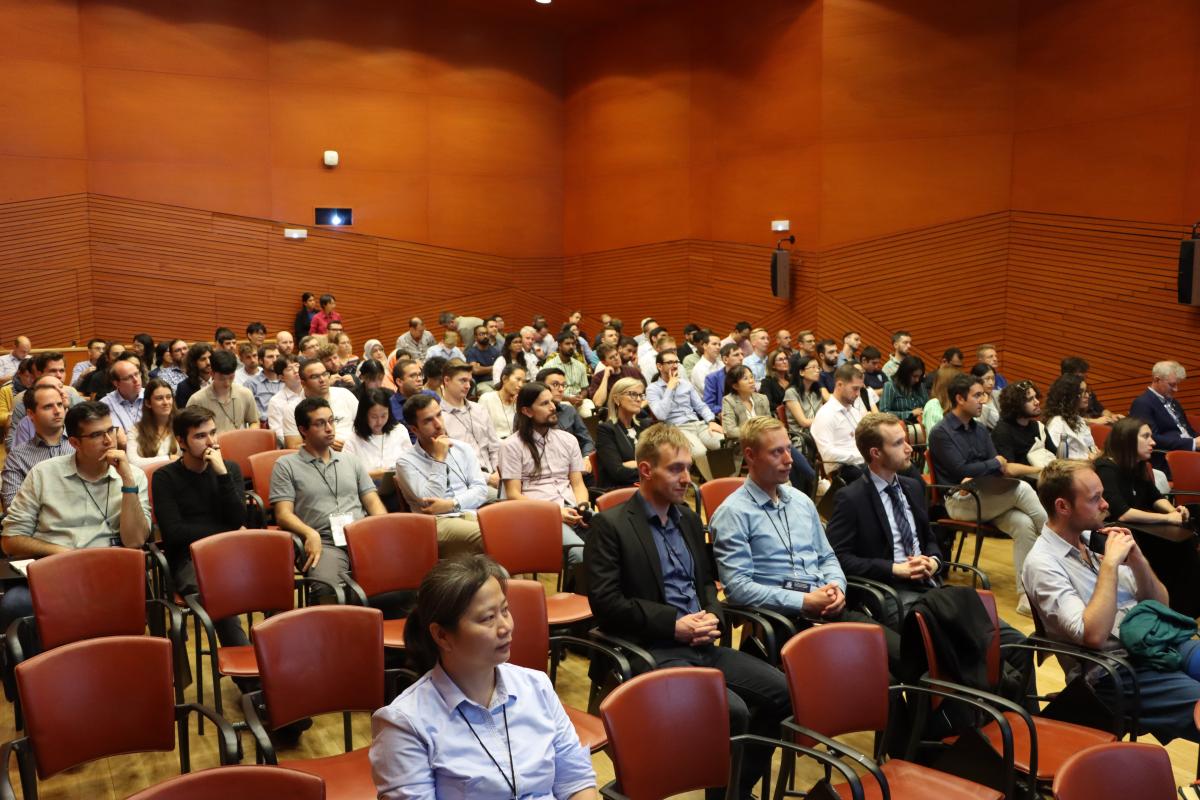

337 views||Release time: Dec 20, 2024
Selecting the right venue is a crucial step in planning a successful academic conference. The venue sets the tone for the event, impacts attendee satisfaction, and directly influences logistics and budget. Whether hosting a small seminar or a large international conference, the right location ensures smooth execution and fosters a positive experience for participants.
This guide provides practical insights into choosing the perfect venue for your academic conference, focusing on factors such as accessibility, facilities, and audience expectations.

The venue should be easily accessible to attendees, especially for international conferences. Proximity to airports, train stations, and public transport ensures smooth travel for participants.
A venue near cultural landmarks, restaurants, or scenic areas can enhance the conference experience. Attendees often appreciate the opportunity to explore the host city during breaks or after the event.
Choose a venue that can comfortably accommodate your expected number of attendees, with flexibility for unexpected increases.
Ensure the venue offers versatile layouts for different sessions, including:
Tip: Verify the availability of technical equipment, such as projectors, microphones, and Wi-Fi, to support the event's needs.
A modern academic conference requires robust technical support, including high-speed internet, AV equipment, and hybrid conferencing capabilities for virtual participants.
Consider venues that offer on-site catering options to simplify meal planning. Amenities like breakout areas, coffee stations, and dining facilities contribute to attendee satisfaction.
Balance the quality of the venue with budget constraints. Factor in all potential costs, including:
Many venues offer customizable packages for conferences, which may include discounts for early booking or additional services like signage and promotional materials.
Tip: Book well in advance to secure competitive rates and preferred dates.
Sustainability is becoming a key consideration for conference organizers. Look for venues with green certifications or eco-friendly practices, such as energy-efficient lighting and recycling programs.
Encourage attendees to use public transport or provide shuttle services. Hosting the event in a central location can minimize travel emissions.
Example: Highlight the venue’s green initiatives in the event's promotional materials to attract environmentally conscious participants.
The venue must comply with accessibility standards, providing ramps, elevators, and wheelchair-accessible seating and restrooms.
For hybrid or fully virtual conferences, ensure the platform is user-friendly and accessible to participants with disabilities.
Tip: Test the venue’s facilities before confirming the booking to ensure they meet accessibility requirements.
Research the venue's track record for hosting academic conferences. Testimonials, online reviews, and case studies can provide insights into its reliability and quality of service.
Conduct an on-site visit to evaluate the venue’s suitability firsthand. This allows you to assess factors such as cleanliness, staff professionalism, and overall ambiance.
Tip: Use platforms like iconf.com to explore venue options and read reviews from past conference organizers.
Choose a venue with contingency options, such as backup power generators, alternative rooms for overflow sessions, and on-site technical support.
Ensure the venue’s contract includes flexible cancellation or rescheduling policies to accommodate unforeseen circumstances.
Example: Having a clear agreement protects organizers from financial loss due to unexpected changes.
Selecting the ideal venue for an academic conference requires careful consideration of accessibility, capacity, facilities, and budget. A well-chosen venue not only enhances the event’s success but also leaves a lasting impression on attendees.
For more expert advice and venue suggestions, visit iconf.com and plan your next academic conference with confidence.